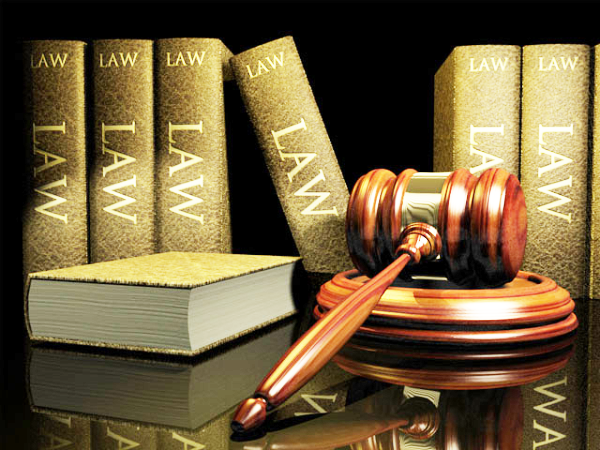Choosing an injury attorney who actively investigates and preserves your assert and rights is vital in acquiring the compensation that you’re entitled. So, how will you choose the best one? Listed below are five tips that can help:
1. Experience. Never underestimate the worthiness of an attorney’s experience as it pertains to assessing and looking into a claim. Hiring a personal injury attorney who knows what to look for, where to look for this – and understands what this means to your circumstance – can make all the difference.
For example, every condition has specific regulations or standards related to statutes of limitation, negligence, causation, contributory negligence, assumption of the chance and others which might be highly relevant to your case.
Part of this knowledge and skills also involves selecting the proper place for your situation as that make a difference how much compensation you receive. While it’s clear that a slide and fall case would be filed where in fact the accident occurred, not absolutely all accidental injury accidents are that clear lower. For example, if you are injured by a product in your house that was produced in another talk about, the problems related to where you can bring the suit can be complicated and need to be analyzed to best protect your hobbies.
Hiring a personal injury without experience may imply that you are rolling the dice and taking a chance you simply must not be taking. So, before selecting an attorney, inquire further about similar conditions they’ve completed, their success rates and whether they are ready to take the circumstance to trial if needed.
2. Focus. The focus of the attorney’s practice can make an enormous difference in the results of your circumstance. An injury legal professional has unique skills as it pertains to deciding issues of responsibility such as negligence and causation – and is most likely better equipped as it pertains to effectively valuing the compensation that you are entitled.
About 95% of personal injury lawsuits settle before trial, so focusing on how to negotiate a good and reasonable settlement is important as many factors are participating. This is certainly not the time to use your Uncle Saul the true estate legal professional – no subject how nice he could be.
3. Reputation. An attorney’s reputation can go quite a distance as it pertains to resolving your circumstance quickly and rather because of their past dealings with insurance companies and other legal representatives in the region and in the court system(s) in which they practice.
An attorney’s reputation provides that added value as it’ll precede him or her – not only from a plaintiff’s perspective, but from the defendant’s perspective and the court’s perspective for handling cases and doing things the proper way. It puts a customer in the best situation to recuperate approximately they deserve consequently of what took place to them.
4. Objectivity. Objectivity cannot be understated when it comes to being paid out for your injuries. Make sure your attorney is objective and isn’t seeking to settle your case too quickly to be able to move on to the next client.
5. Personality. Often the most forgotten factor in selecting an attorney is personality. While you may not be speaking about your case jointly over dinner every evening, when you’ve been damaged the last thing you may need can be an attorney who’s not heading to be there that you should ask questions, offer you a position on your circumstance or go back your phone calls in an acceptable time.
Hiring an injury attorney to work with you with an insurance promise or Cyprus lawyer can go a long way towards getting the money you deserve. While you feel the hiring process, remember, you do not need to dash. Make sure to are more comfortable with your lawyer’s ethics and experience, and feel absolve to speak to multiple attorneys before choosing the right one for you. Selecting your attorney can be an important step, and you may take time to do it right in order to find the right attorney for your case.
